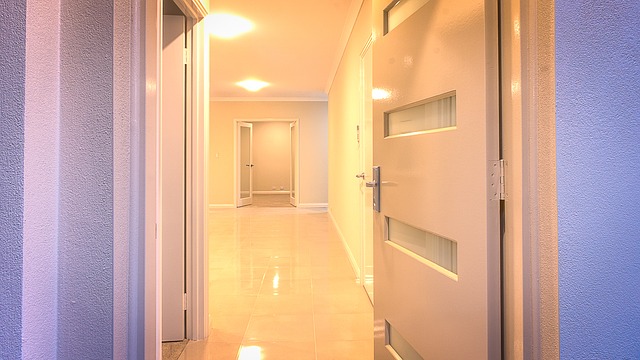
Landlords Facing Rent Control Laws
Many California rental properties are now subject to rent control after the signing of Assembly Bill 1482 Tenant Protection Act of 2019. The new bill caps rent increases at 5% per year (plus inflation). These changes will be in effect for the next 10 years starting January 1st, 2020 but retroactive to March 2019.
As a landlord if you raised rent on or after March 2019, you may need to make an adjustment in the amount due for January’s rent if the increased amount exceeded the allocated cap.
For our local market in Santa Barbara, after adding inflation, the permitted increase will be 8.25%. For example, if a property rents for $3,000 per month, an increase of up to $247.50 per month would be allowed during a 12 month period.
It’s important to note that although the law is state-wide, it does not apply to all properties. New constructions and properties built within the last 15 years are exempt from the new law. Condos and single family homes unless owned by a corporation are also exempt.
Similarly, the law does not apply in certain owner-occupied situations such as duplexes (including Accessory Dwelling Units), as long as the owner does not rent more than two rooms or units.
Let’s take a closer look at a few key implications of the new rent control laws in California.
As an investor, it’s no secret that California has not been the most lucrative place to own rental property if you’re primarily focused on income and cash flow. Cap rates are notoriously low in core urban areas along the coast and are only slightly better inland.
As a landlord if your current rents are close to market, the annual increase limitation set by the new bill probably won’t hurt you much in the near future. However, if you chose not to raise rents for a number of years, the new legislation may have a larger impact.
Previously, when landlords had the flexibility to determine when and how much to increase the rent, some chose not to make annual rent increases because they didn’t want to potentially lose a good tenant and they knew they could make up for it with a large increase later. Now that rent increases have a cap, tenants may seem more regular increases each year.
There are different opinions and perspectives as to the ripple effects of the new laws. Ultimately while the law affects the rental price of existing housing, it does not increase the housing supply. What lies ahead is somewhat uncertain. It may take years before we see the real impact of the emerging rent control system in our market as it relates to property valuations, cap rates, investor demand and the on-going housing crisis.



